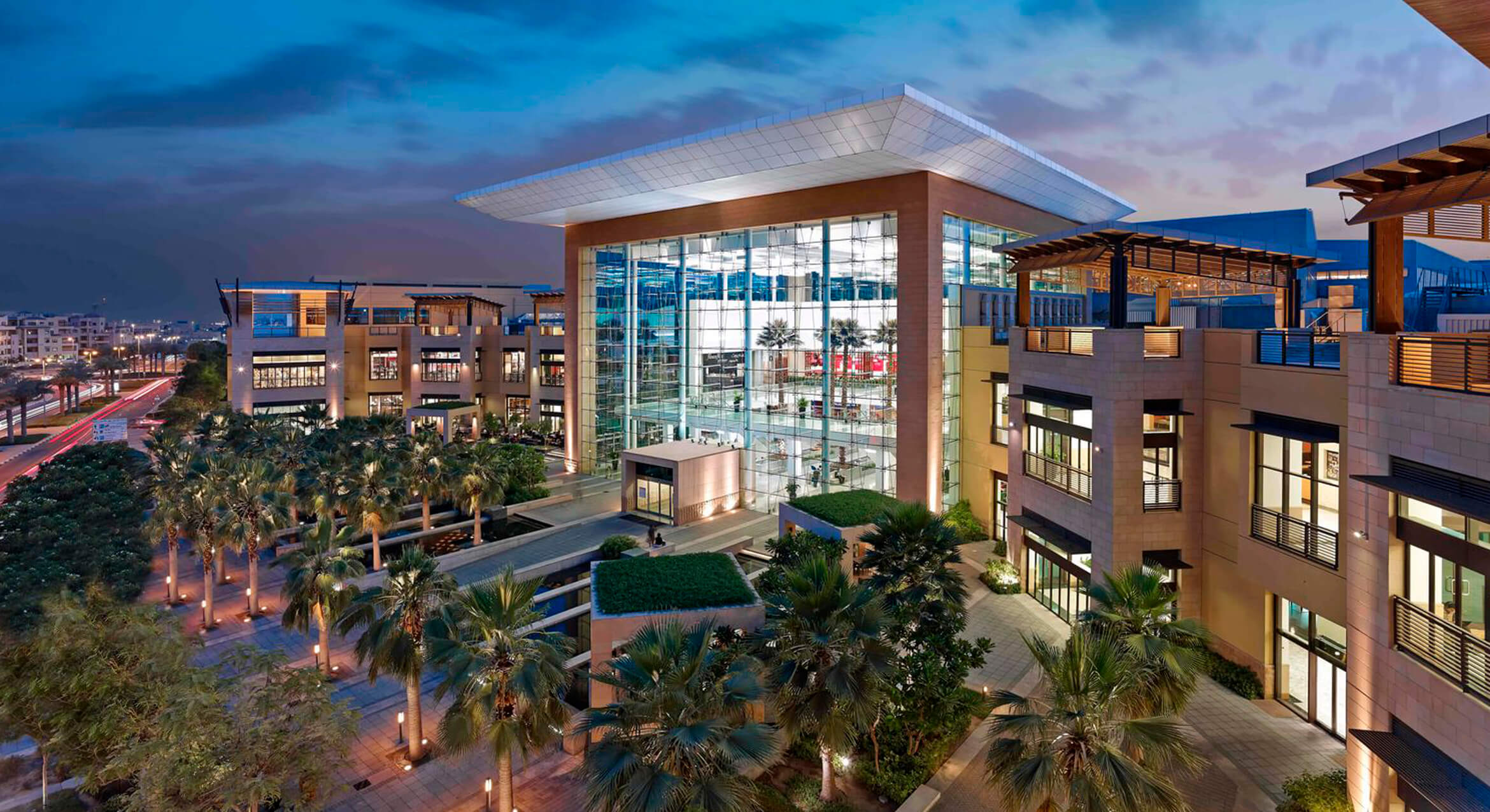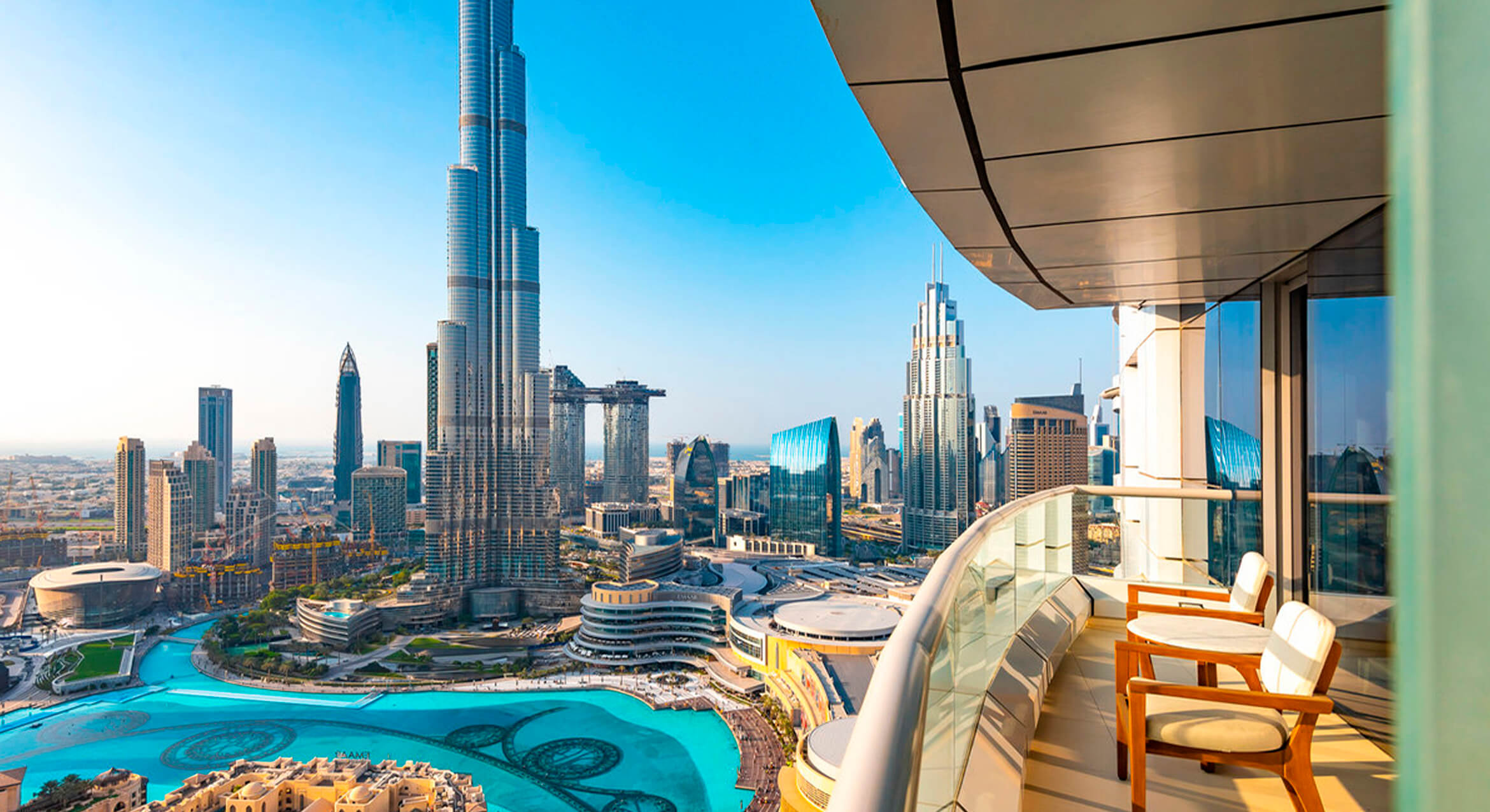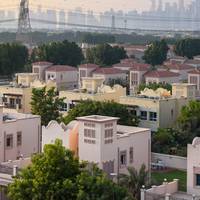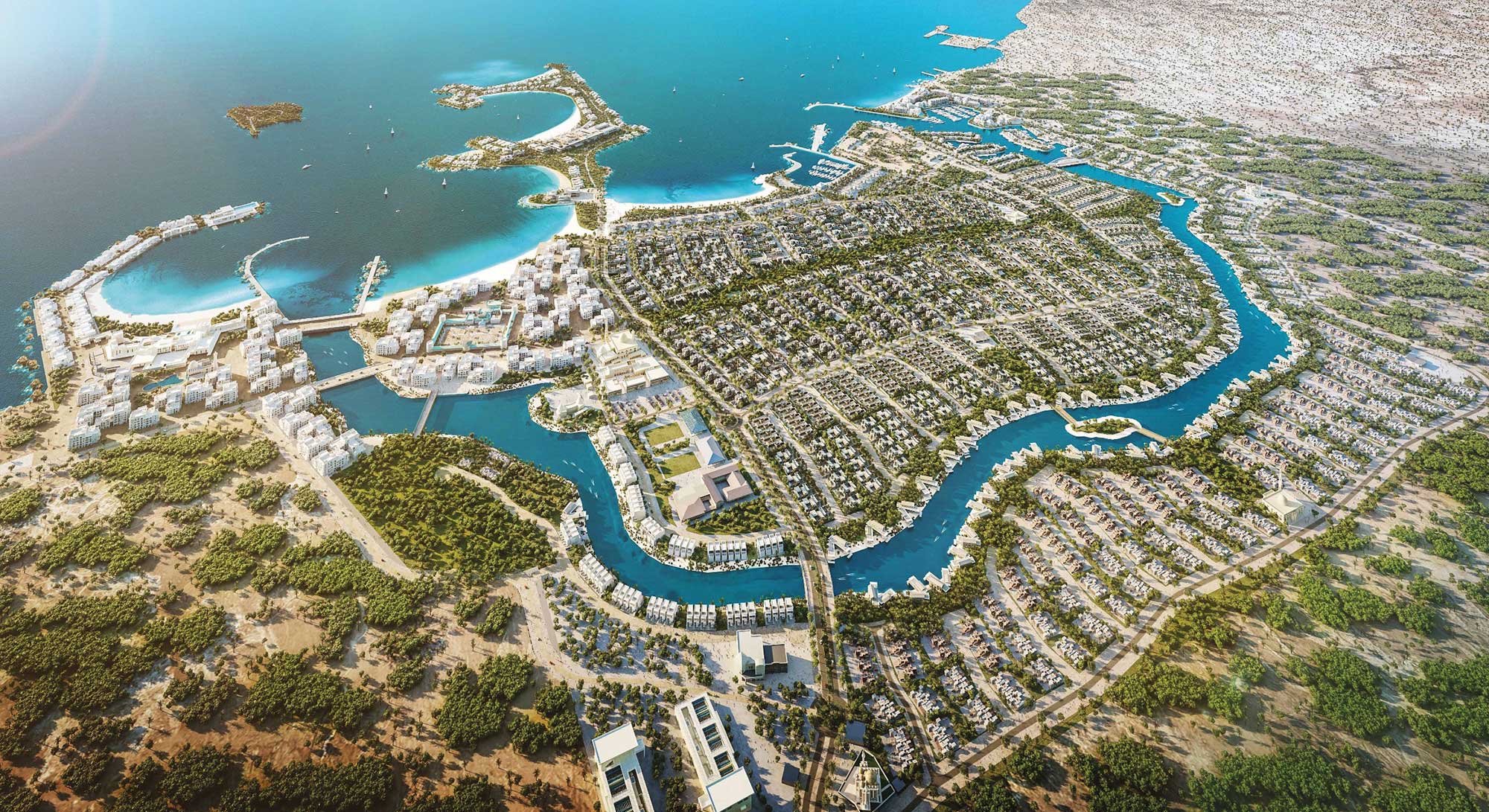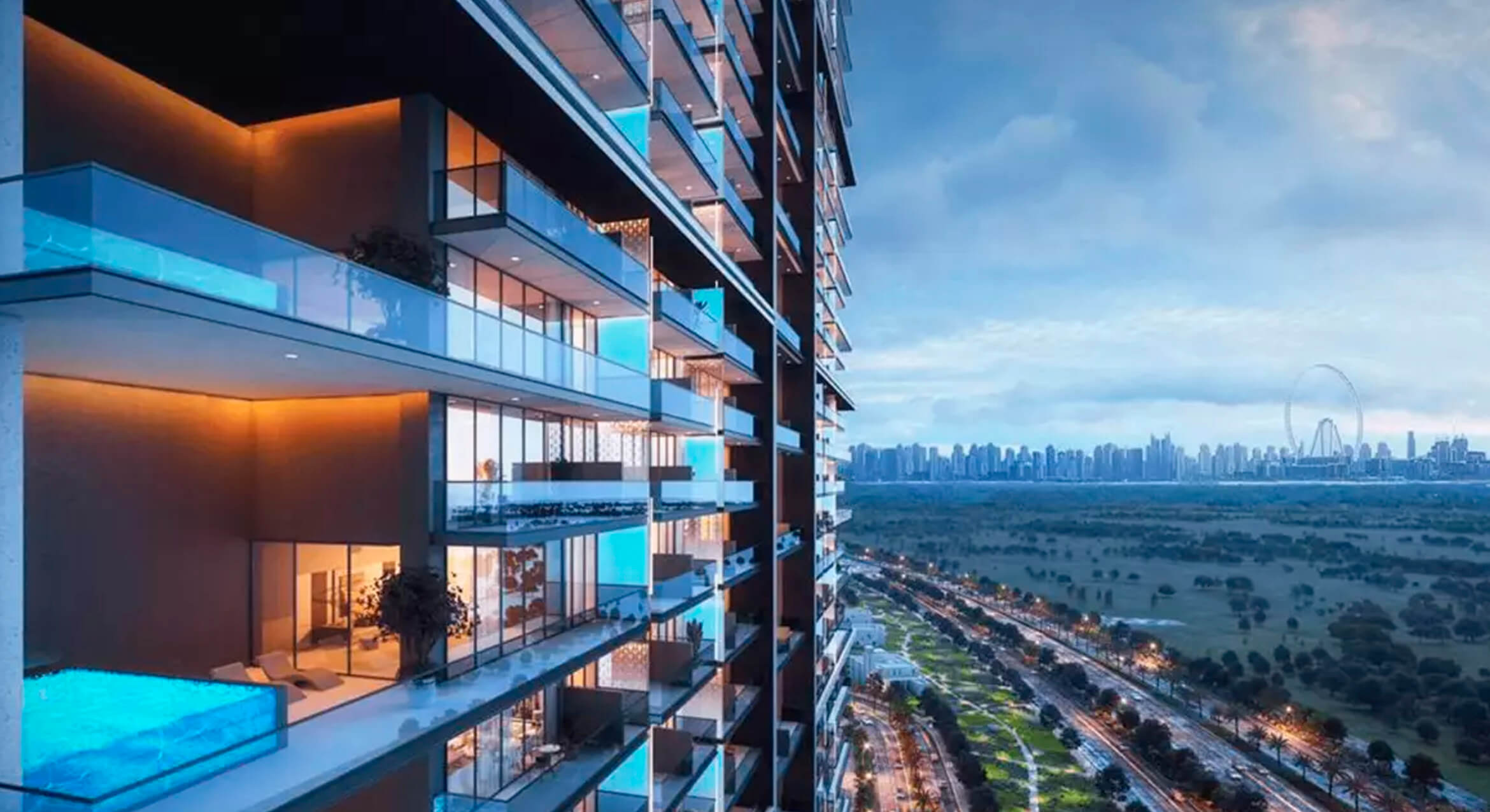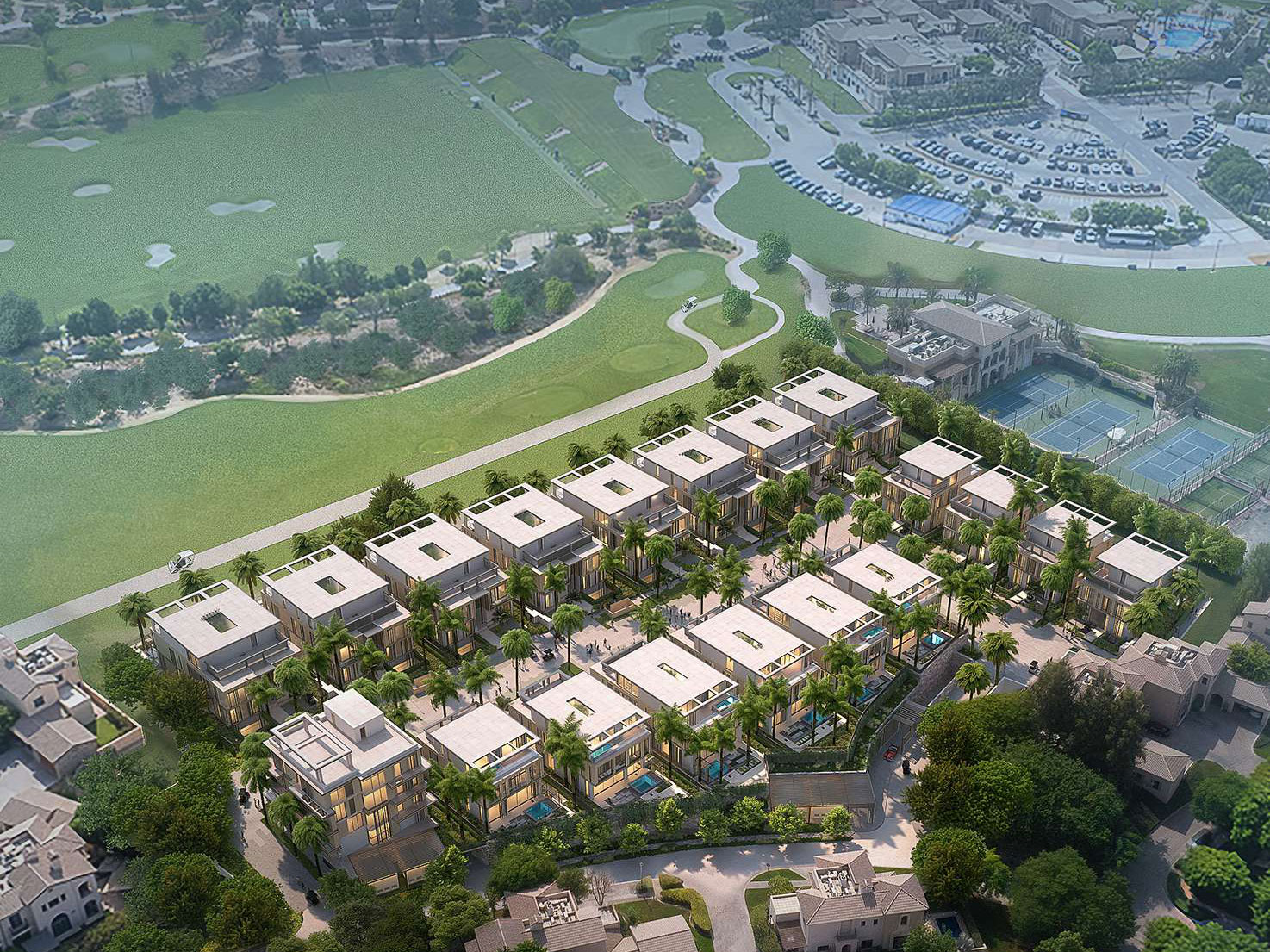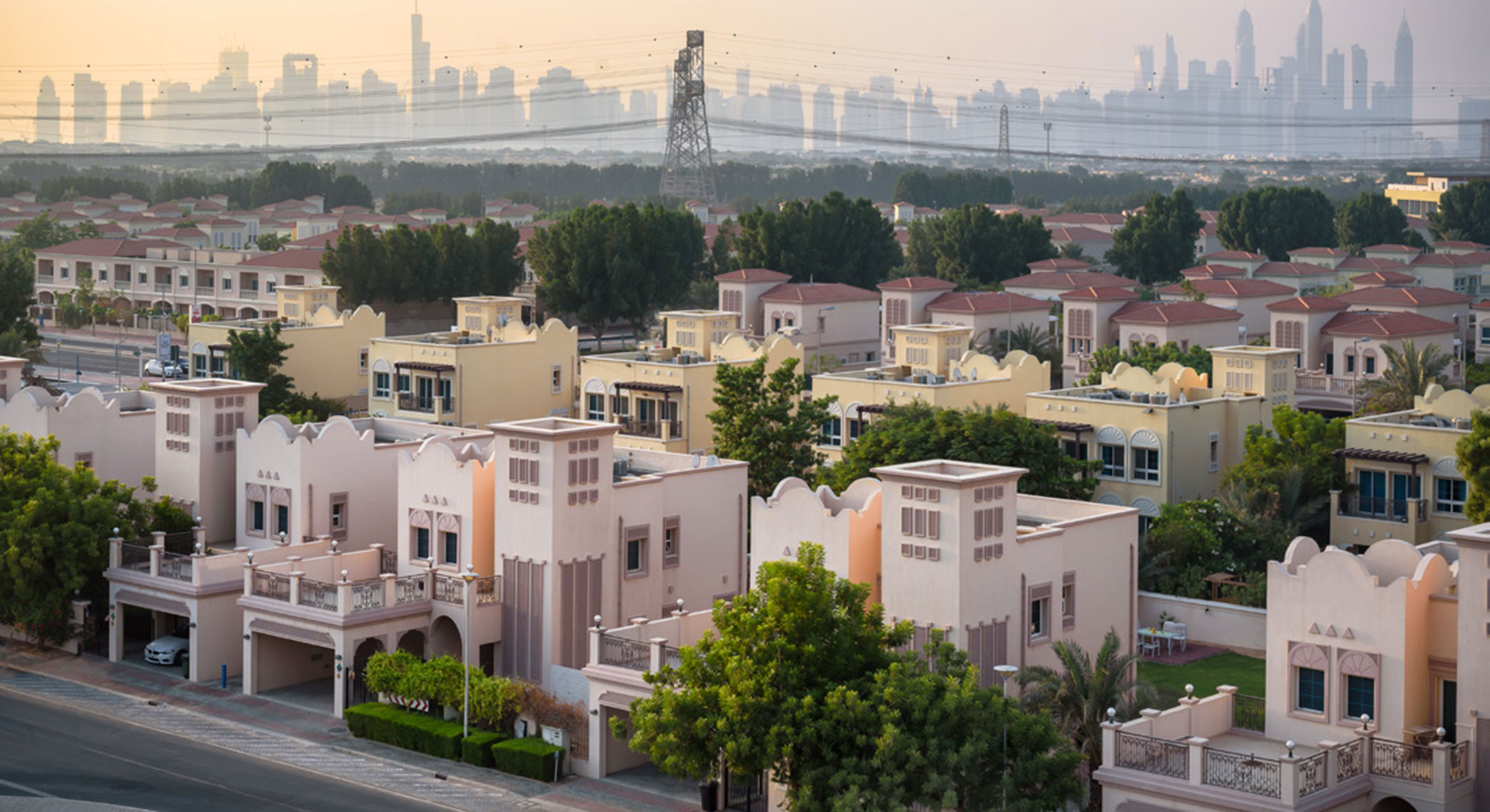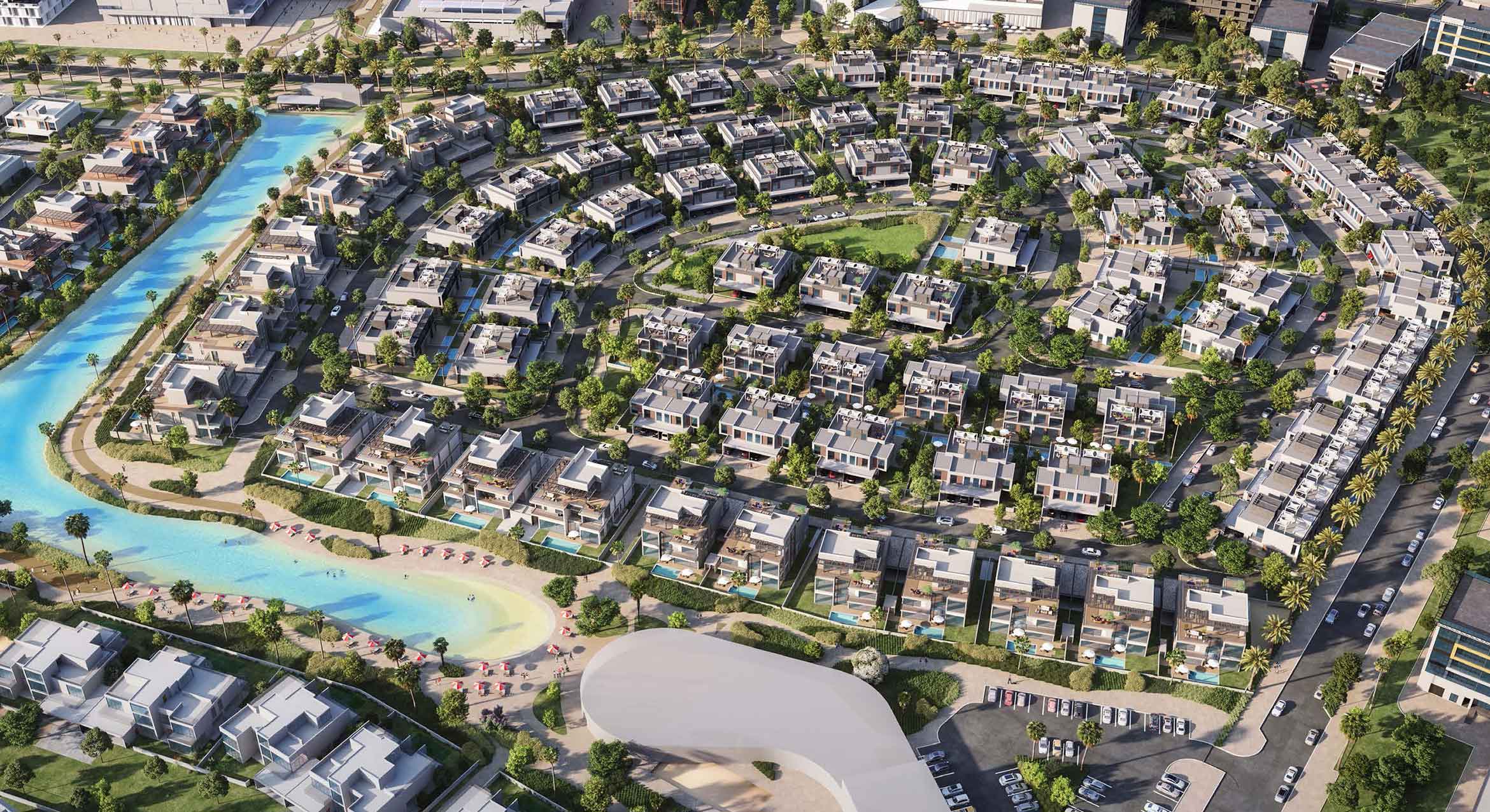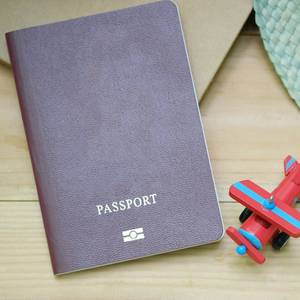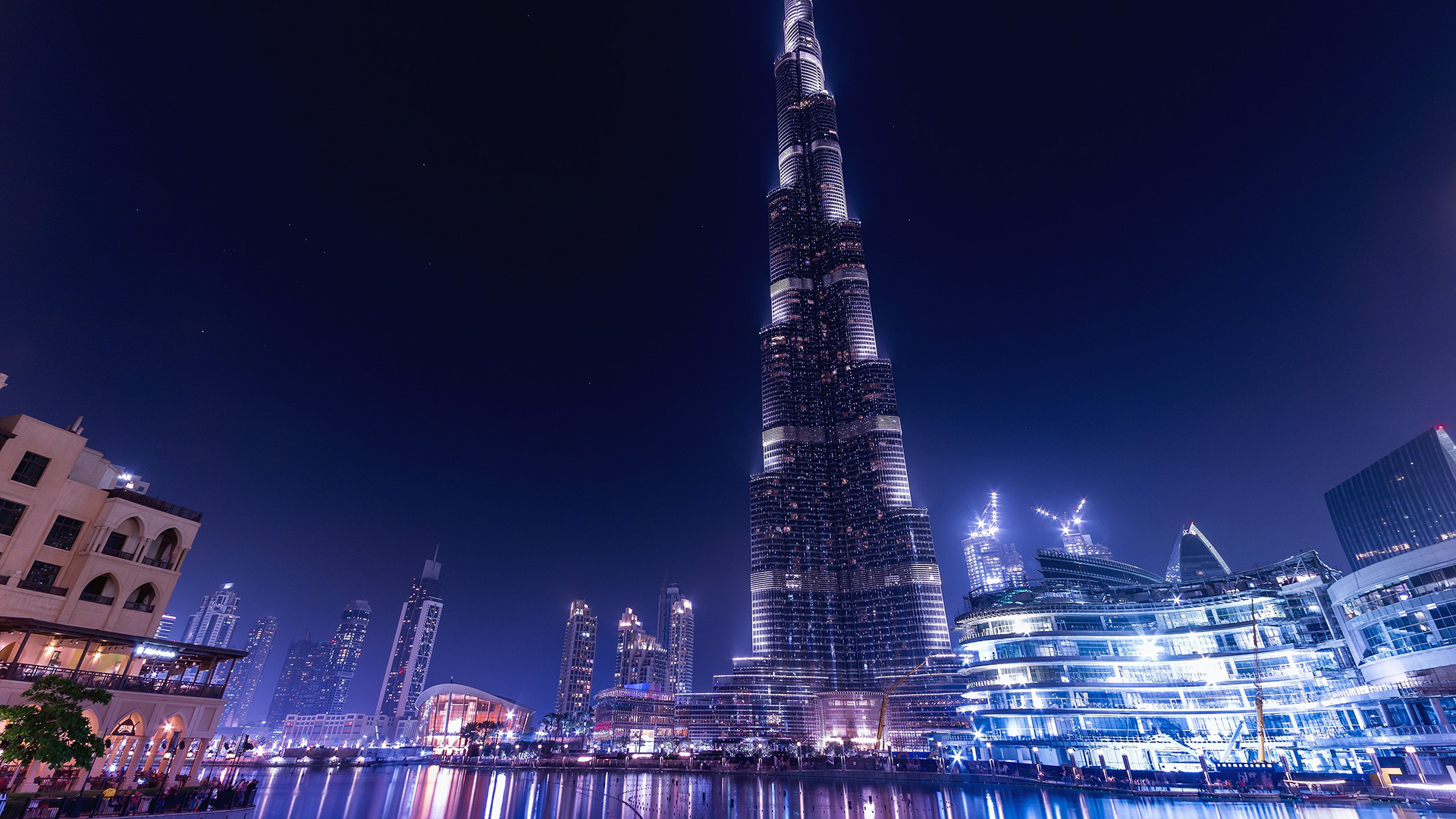- Apartments from 257,599 AED
- Townhouses from 596,284 AED
- Villas from 936,561 AED
- Penthouses from 1,055,170 AED
- Studios from 257,599 AED
- All off-plan projects
Apartments
No itemsTownhouses
No itemsVillas
No itemsPenthouses
No itemsStudios
No itemsAll off-plan projects
No itemsCommunities
-
Сommunities 88
SHOW All
-
Off-plan
-
from 257,599 AEDShow all 740 projects
-

Lazord, Dubai
-

77S Tower, Dubai
-
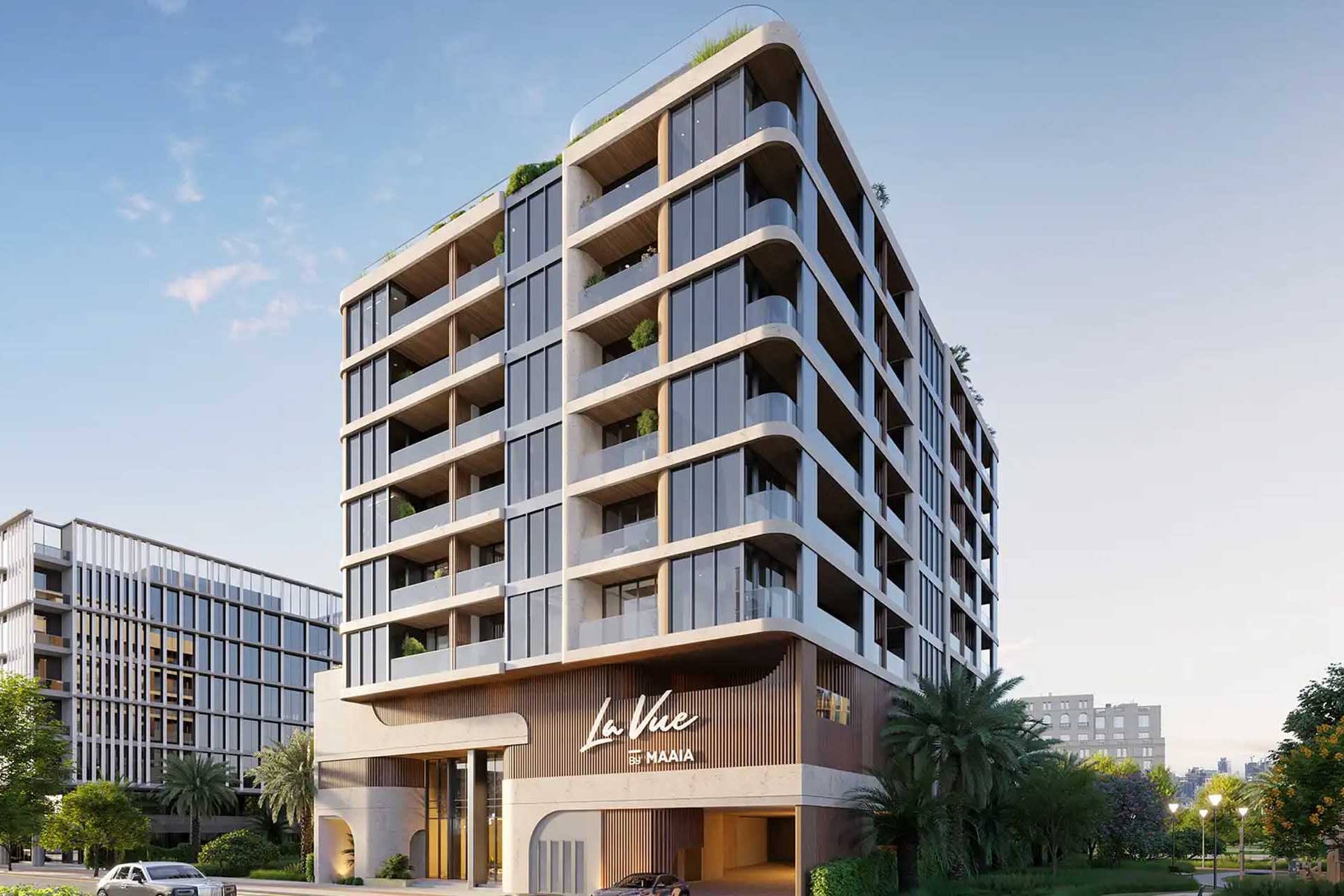
La Vue, Dubai
-

La Clé, Dubai
-
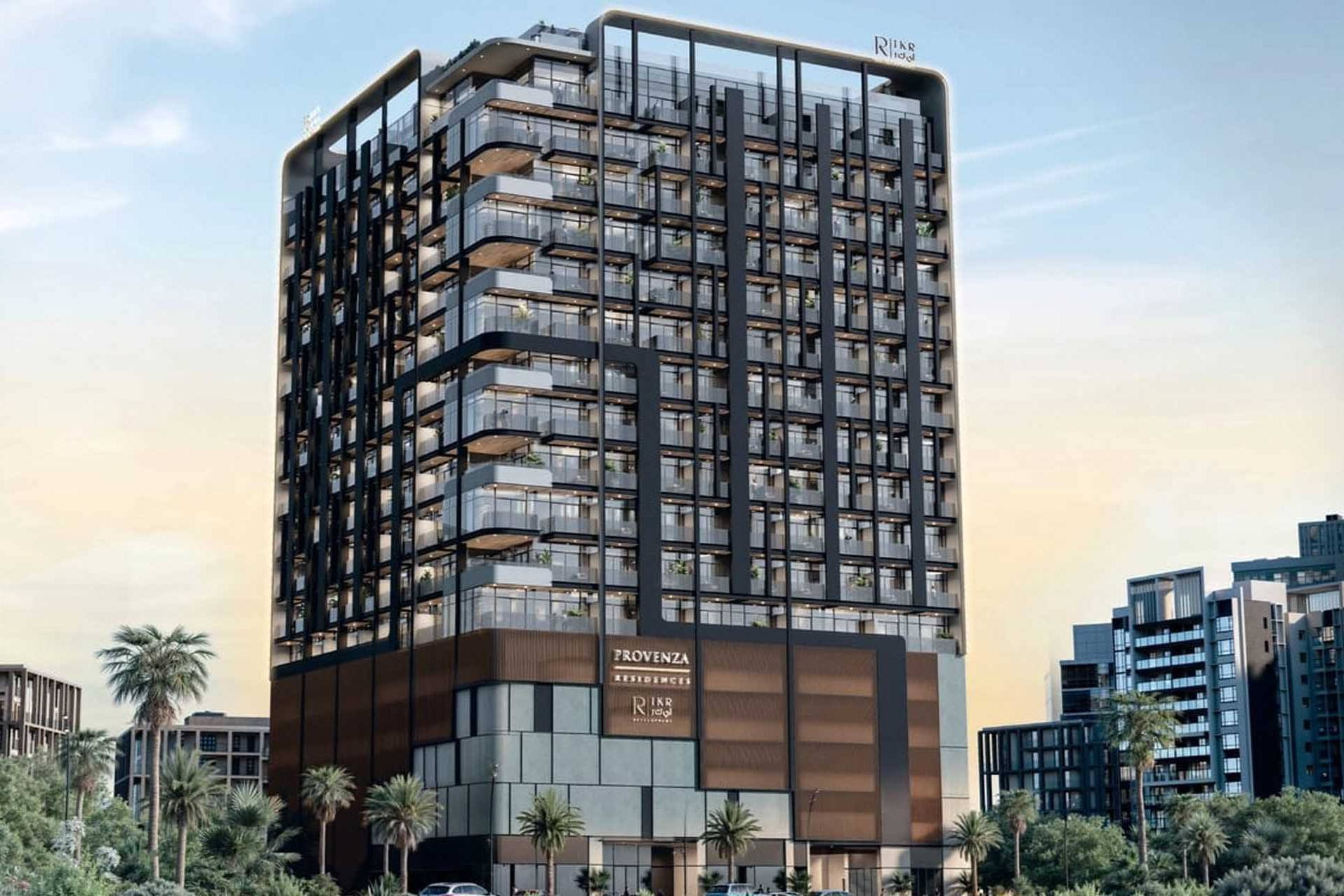
Provenza Residences, Dubai
-
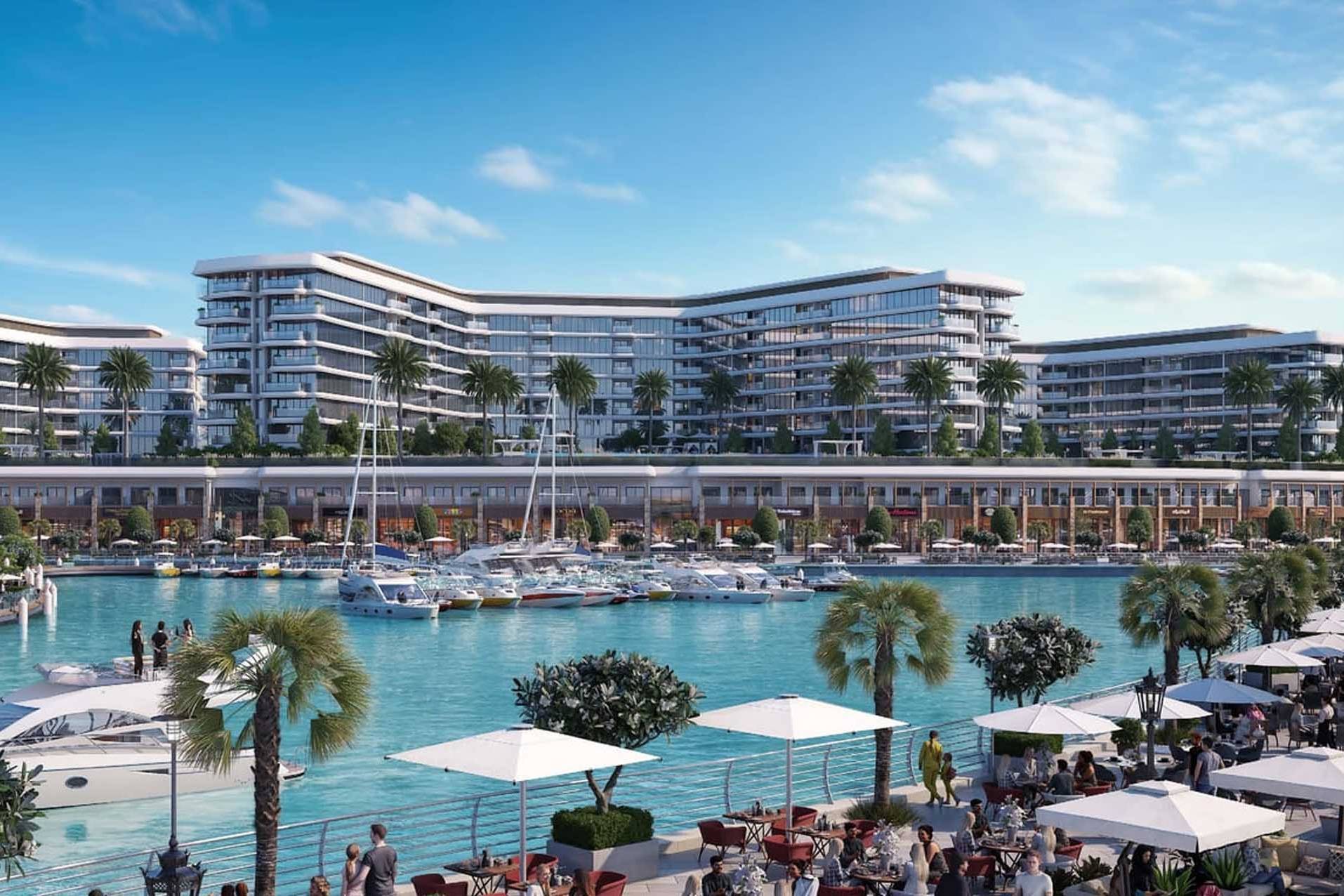
Yachtside Marina Residences, Umm Al Quwain
-

Alton, Dubai
- Projects in total 740 SHOW All
-
-
from 596,284 AEDShow all 120 projects
-
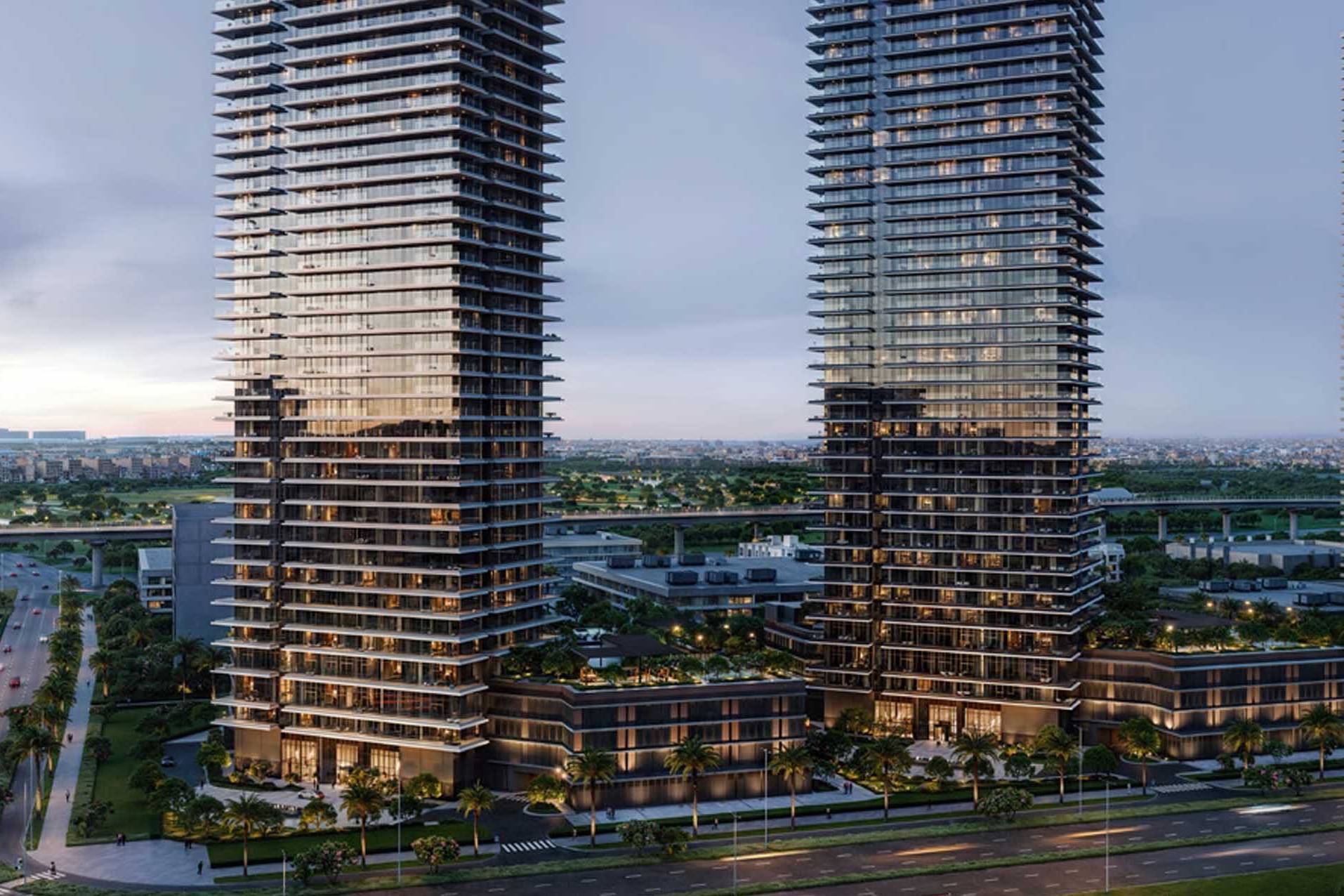
Altan, Dubai
-
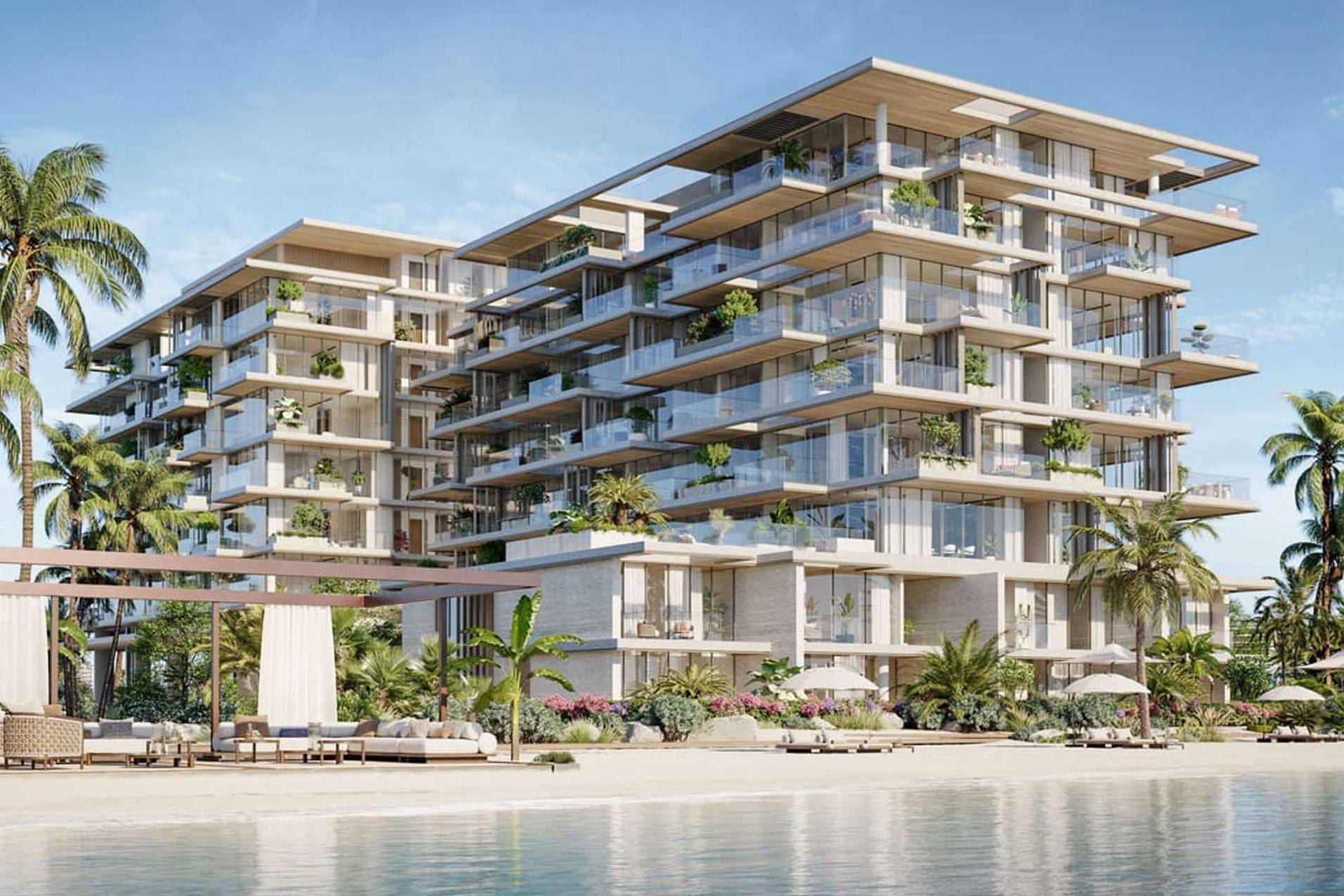
Shoaq Residences, Dubai
-
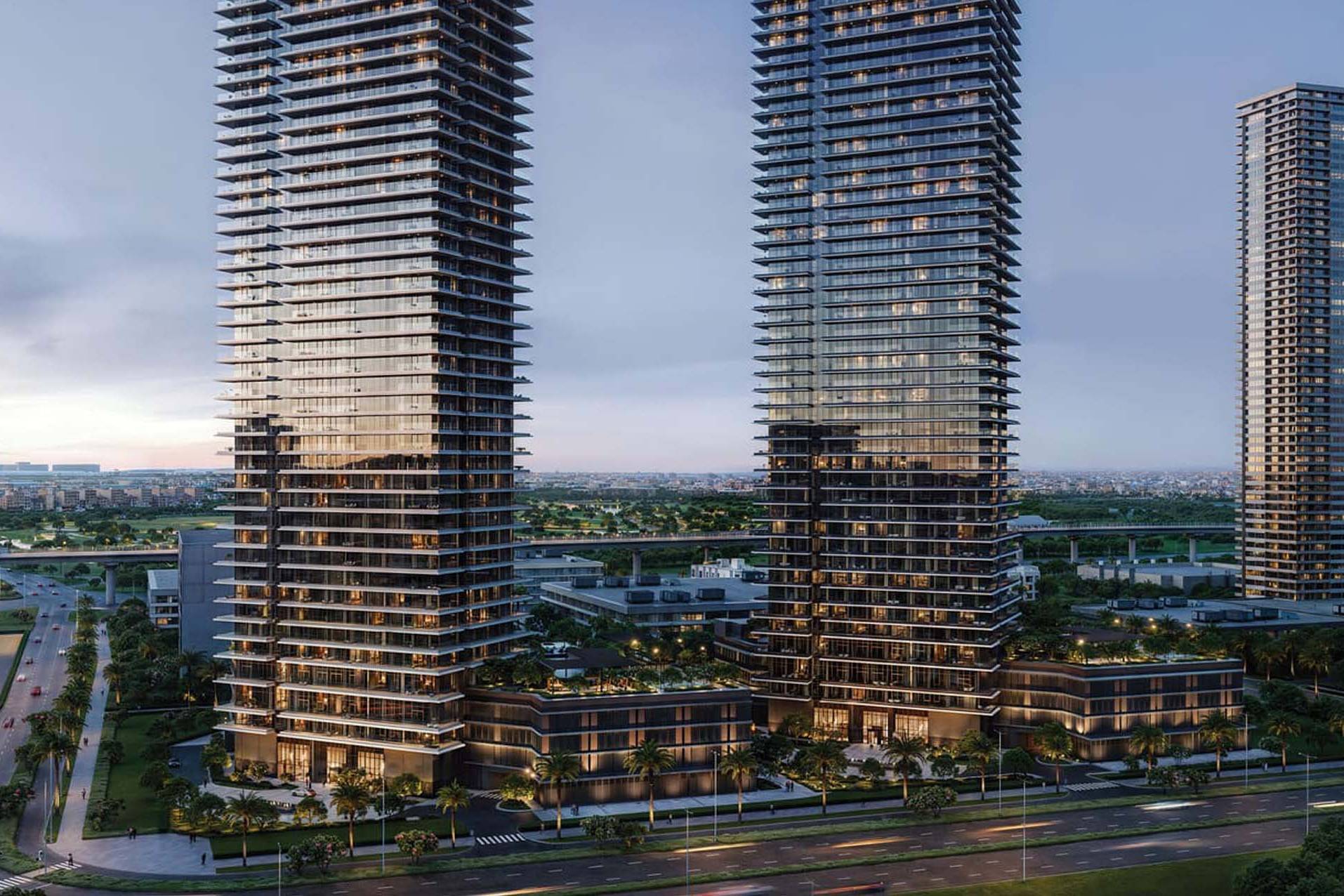
Albero, Dubai
-

Masaar 2 Narenj, Sharjah
-

Masaar 2 Melia, Sharjah
-

Masaar 2 Anber, Sharjah
-

Masaar 2 Coral, Sharjah
- Projects in total 120 SHOW All
-
-
from 936,561 AEDShow all 139 projects
-
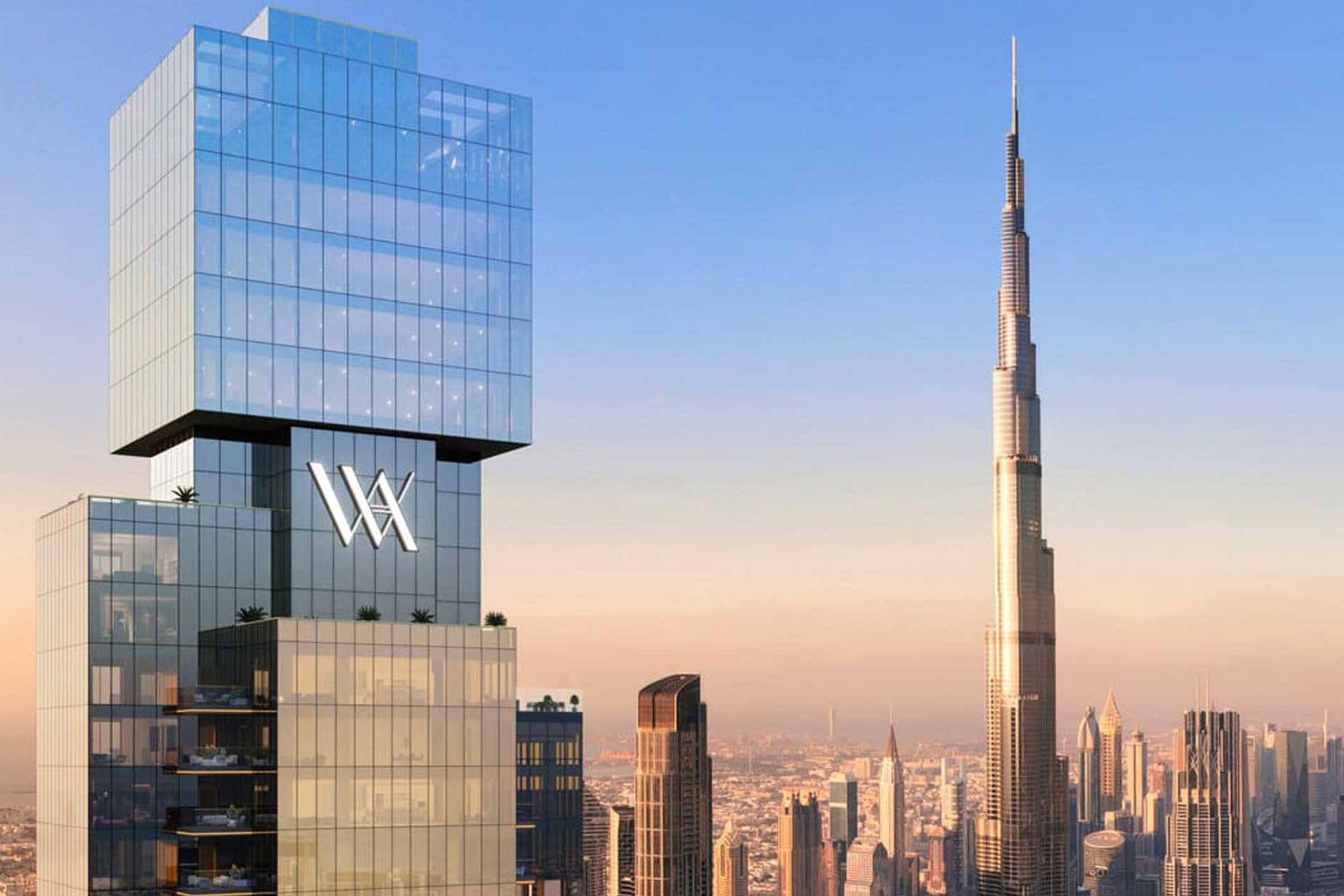
Waldorf Astoria Residences by Nabni
Waldorf Astoria Residences by Nabni, Dubai
-
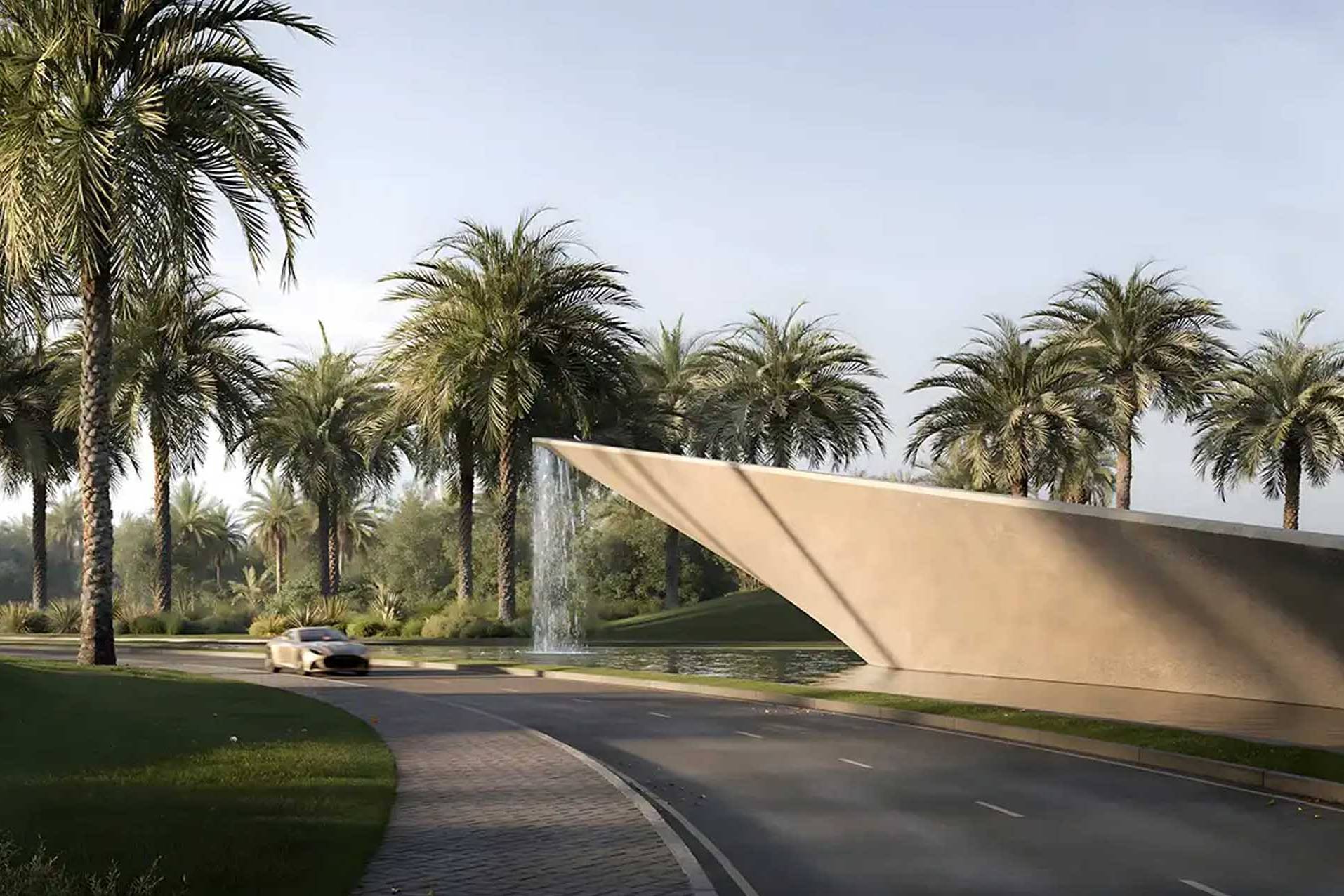
Montura, Dubai
-

Chevalia Estate, Dubai
-
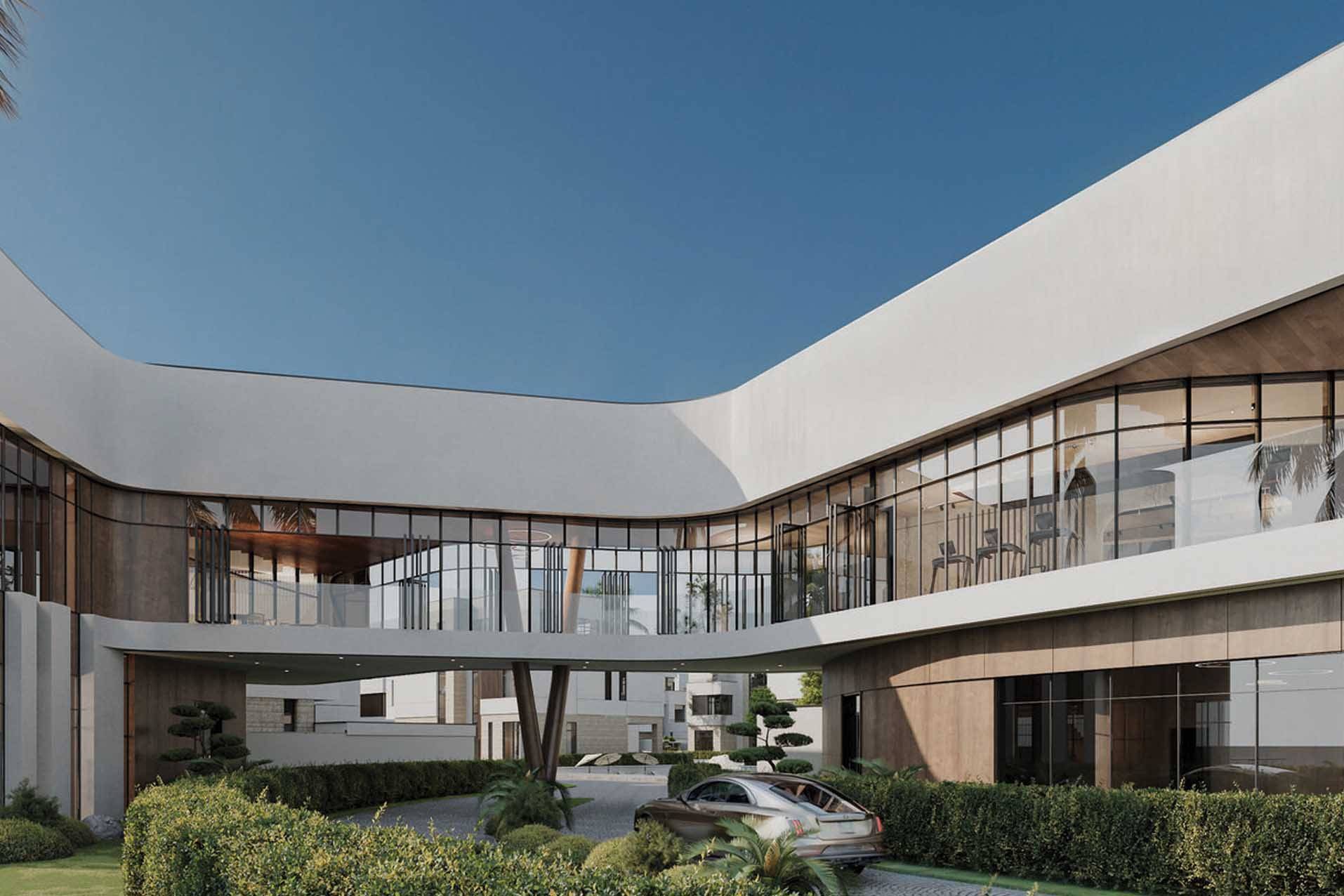
Selora Residences, Dubai
-
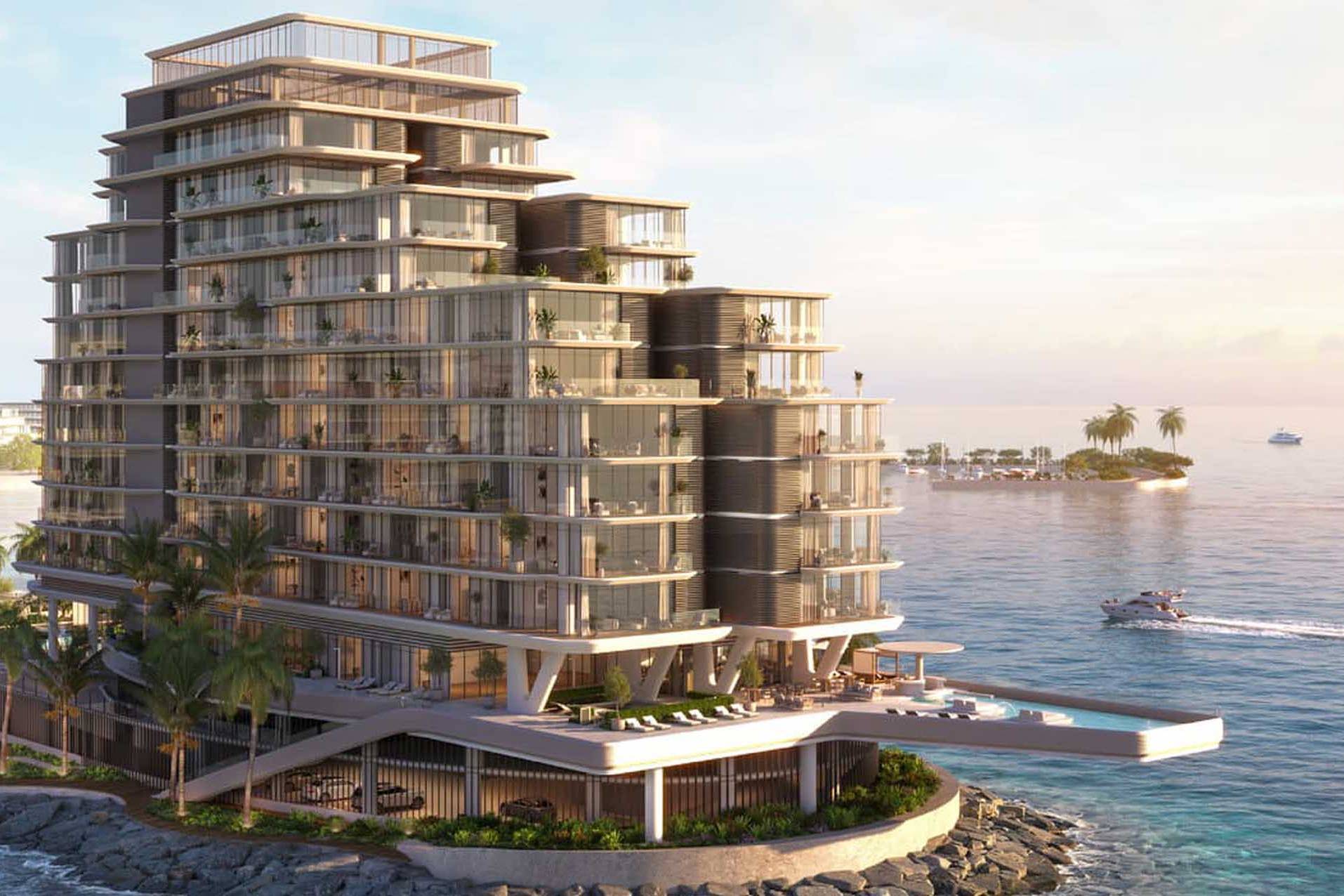
Anantara Mina, Ras Al Khaimah
-

Rivera, Dubai
-
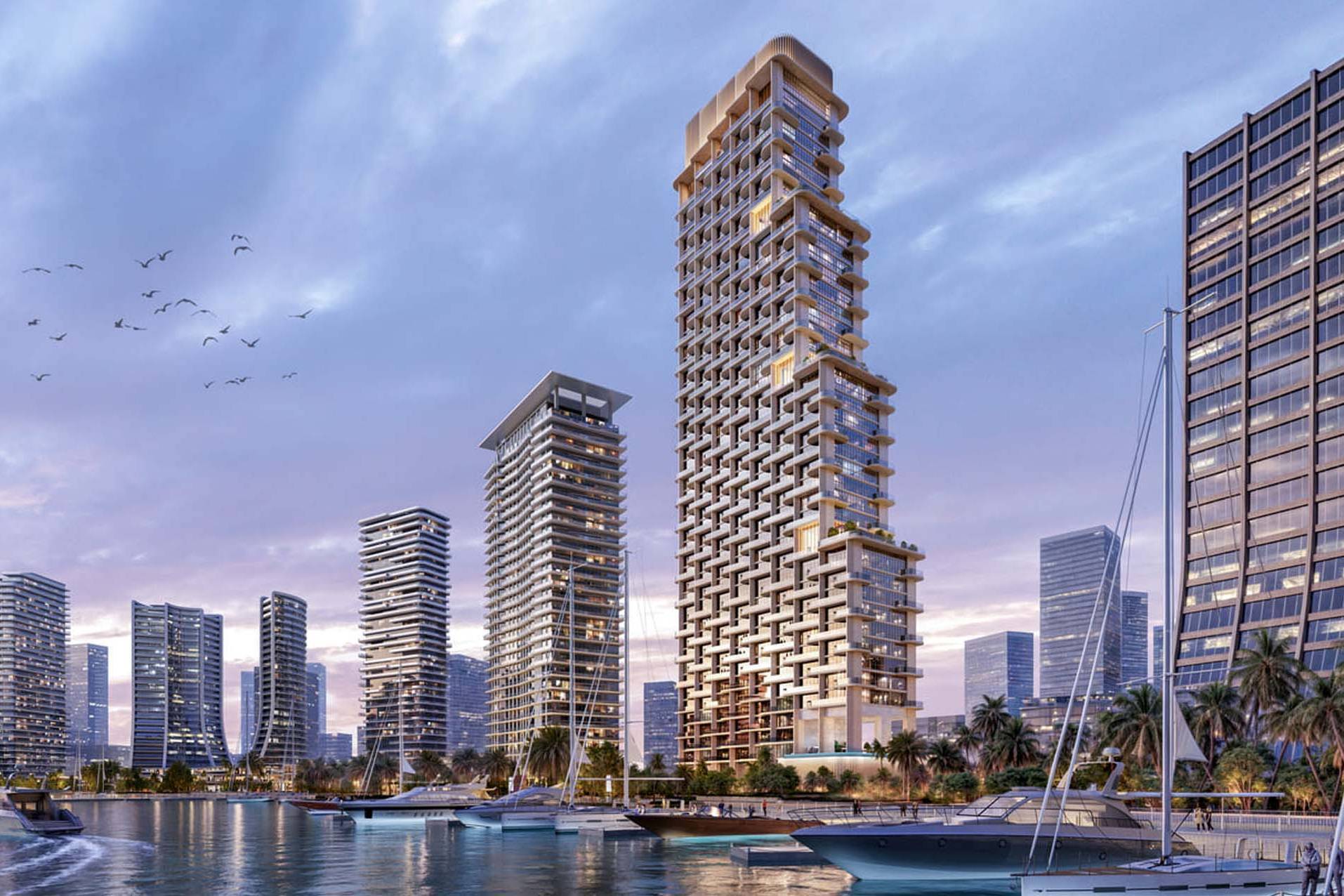
Atelis, Dubai
- Projects in total 139 SHOW All
-
-
from 1,055,170 AEDShow all 90 projects
-

77S Tower, Dubai
-
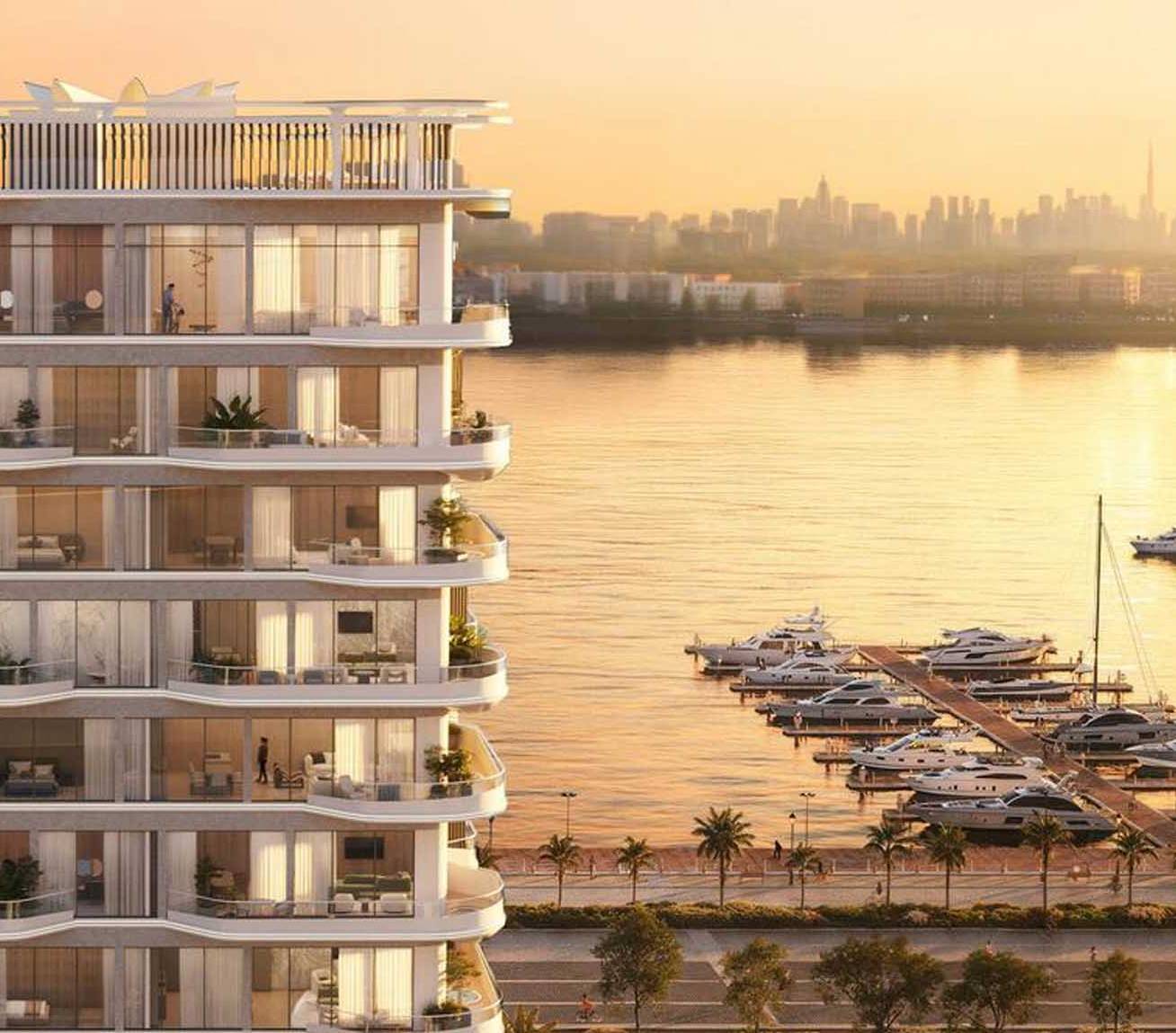
Arya Residences, Dubai
-
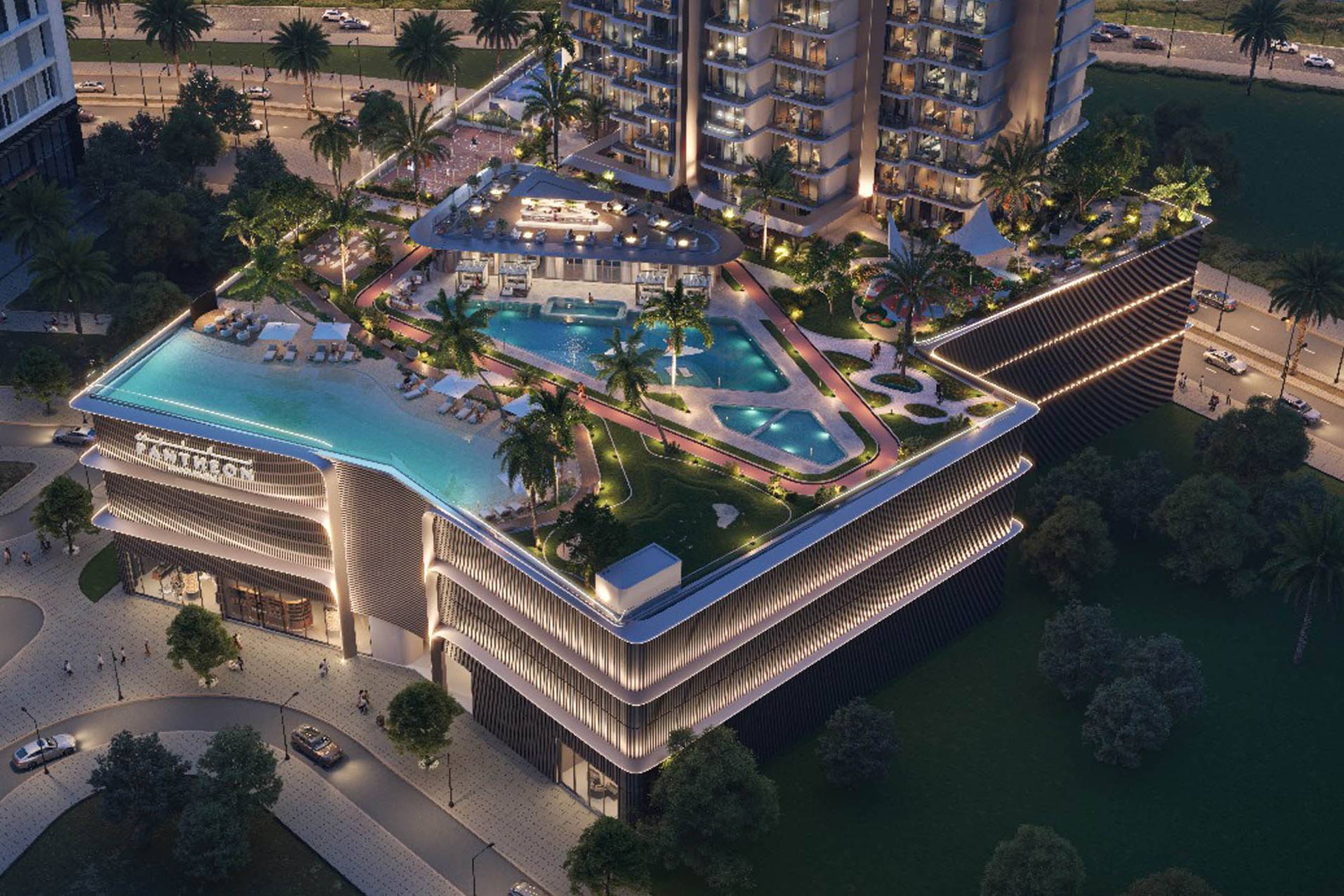
Voxa Pantheon, Dubai
-

Shoaq Residences, Dubai
-
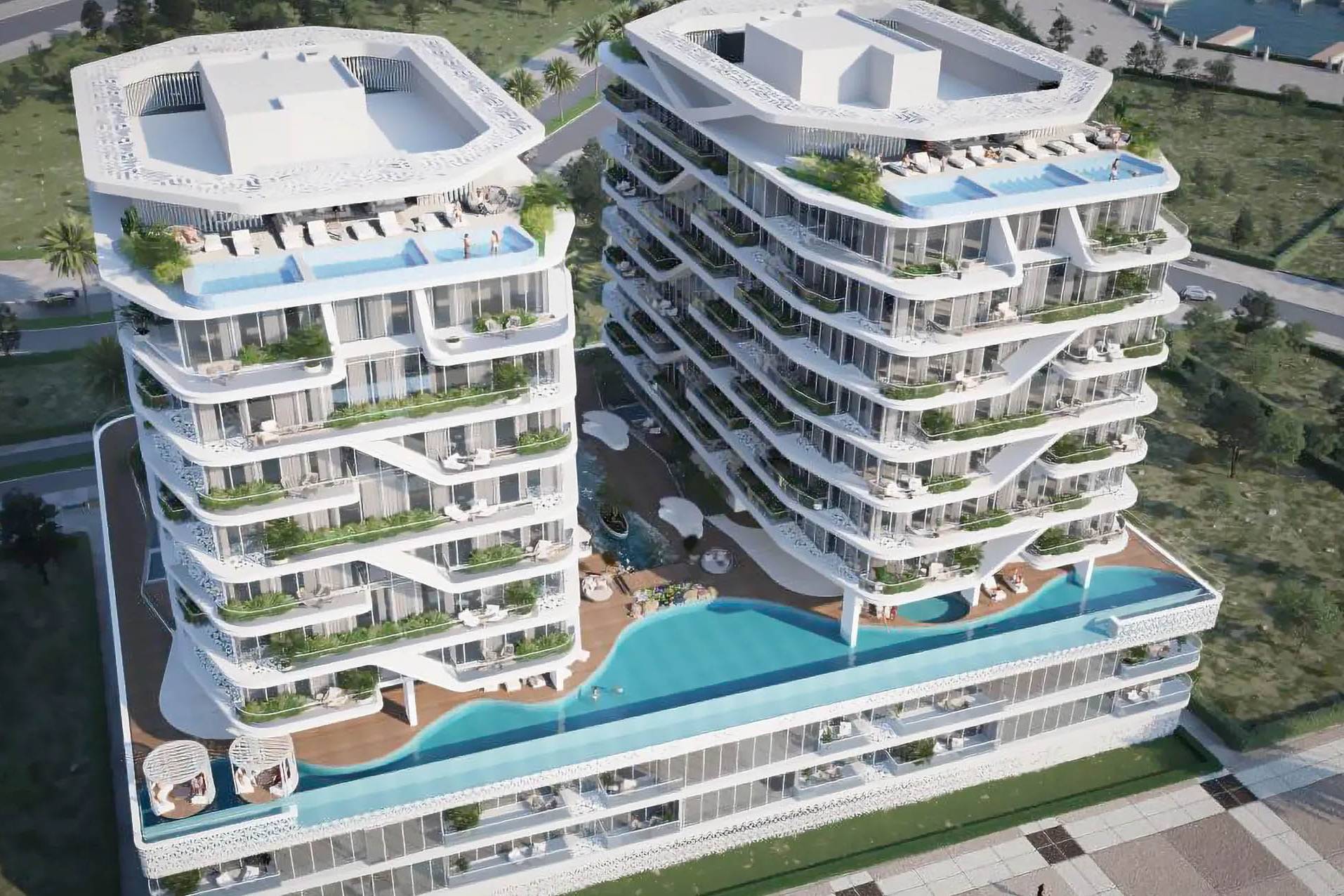
Treppan Living, Dubai
-
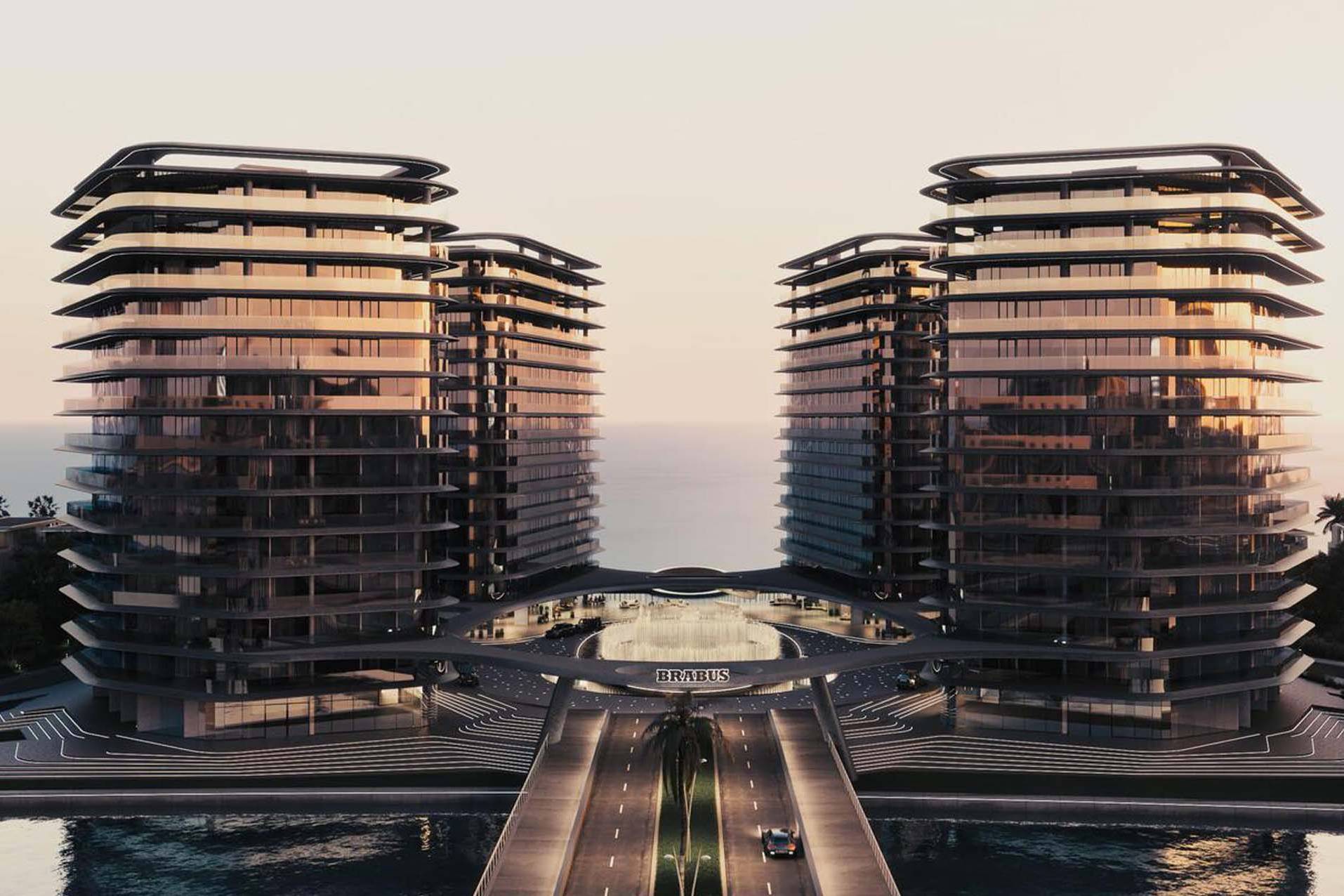
Brabus Island, Abu Dhabi
-
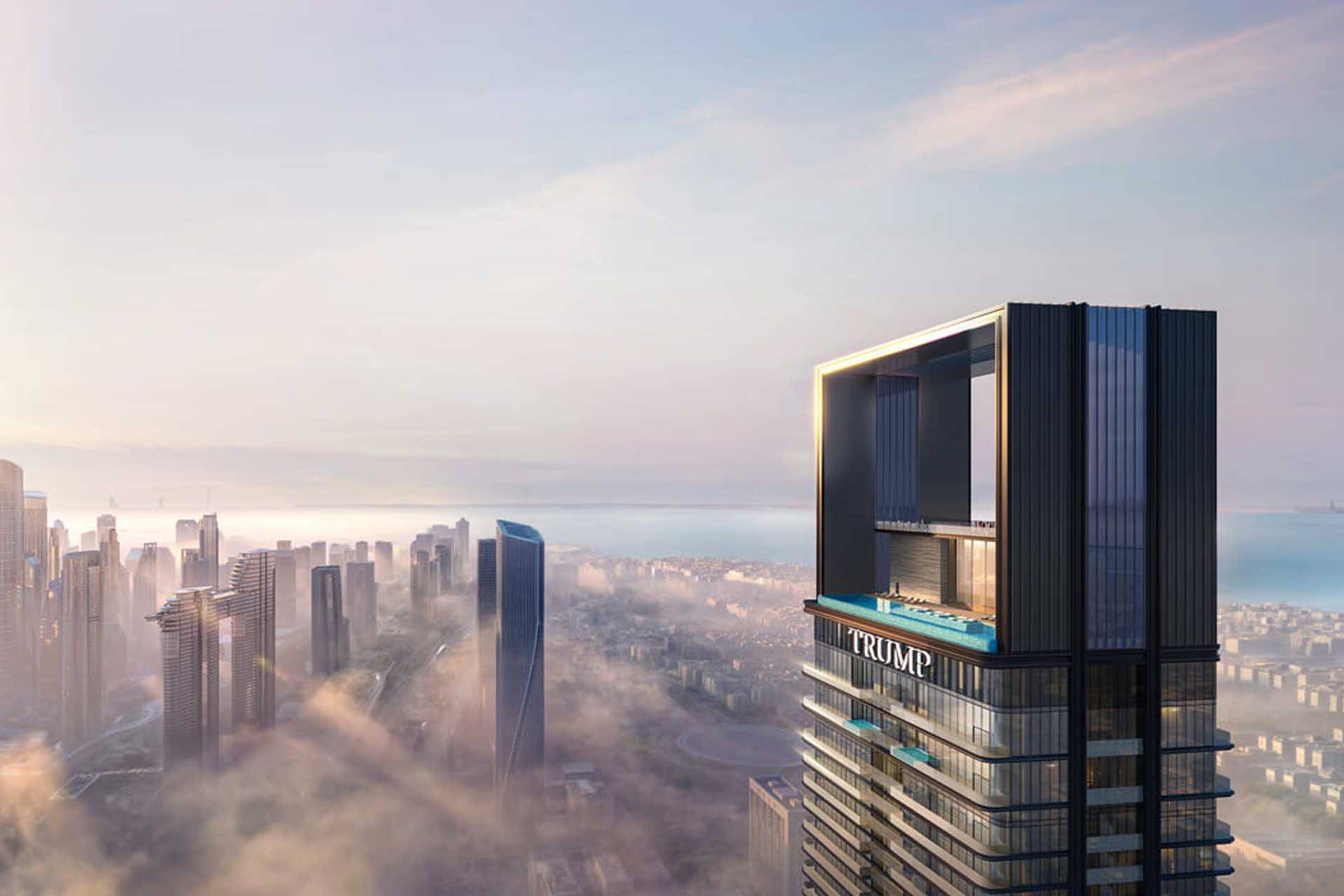
Trump International Hotel & Tower Dubai
Trump International Hotel & Tower Dubai, Dubai
- Projects in total 90 SHOW All
-
-
from 257,599 AEDShow all 261 projects
-

Lazord, Dubai
-
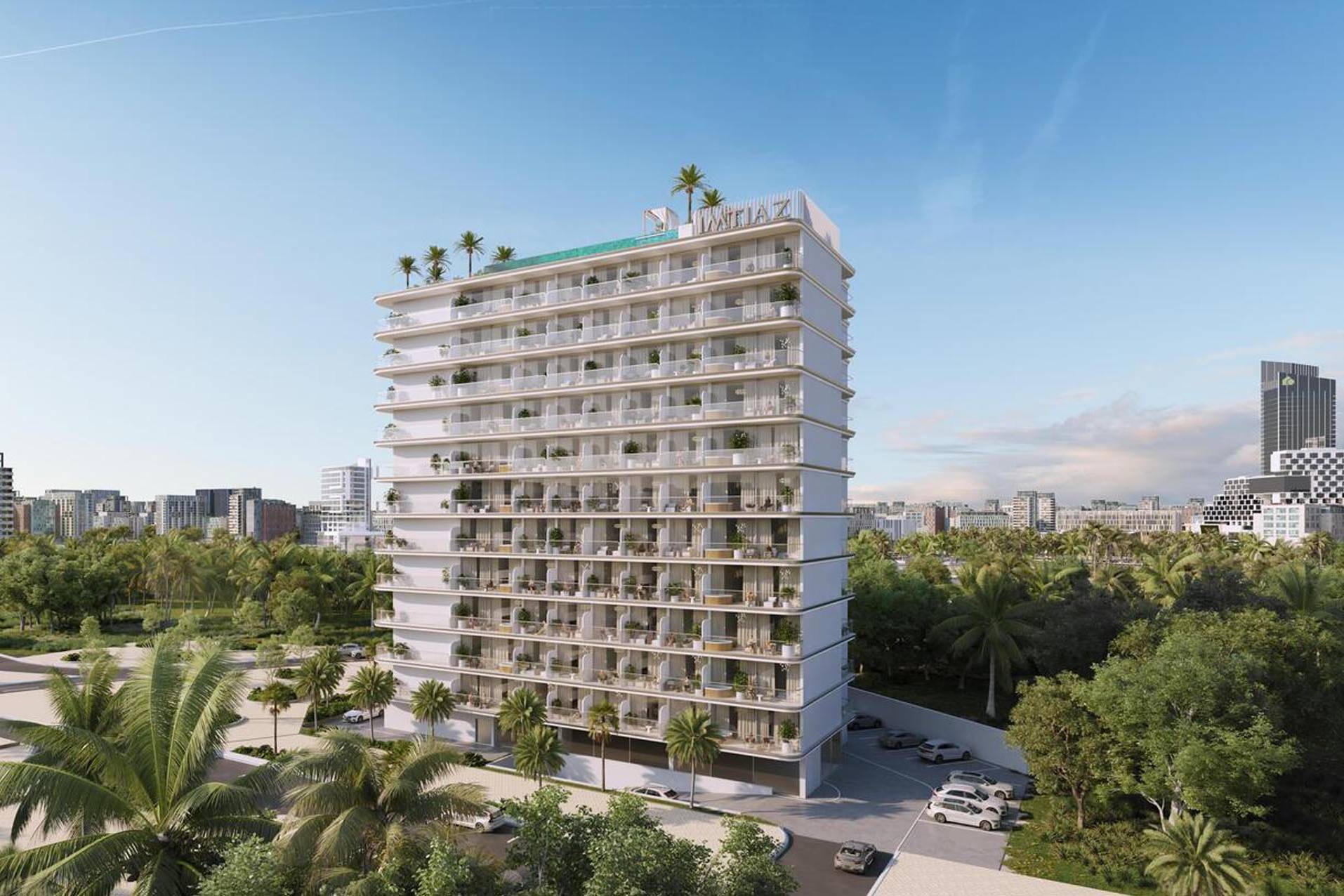
Cove Edition 5, Dubai
-

Provenza Residences, Dubai
-

Santorini Residences, Dubai
-
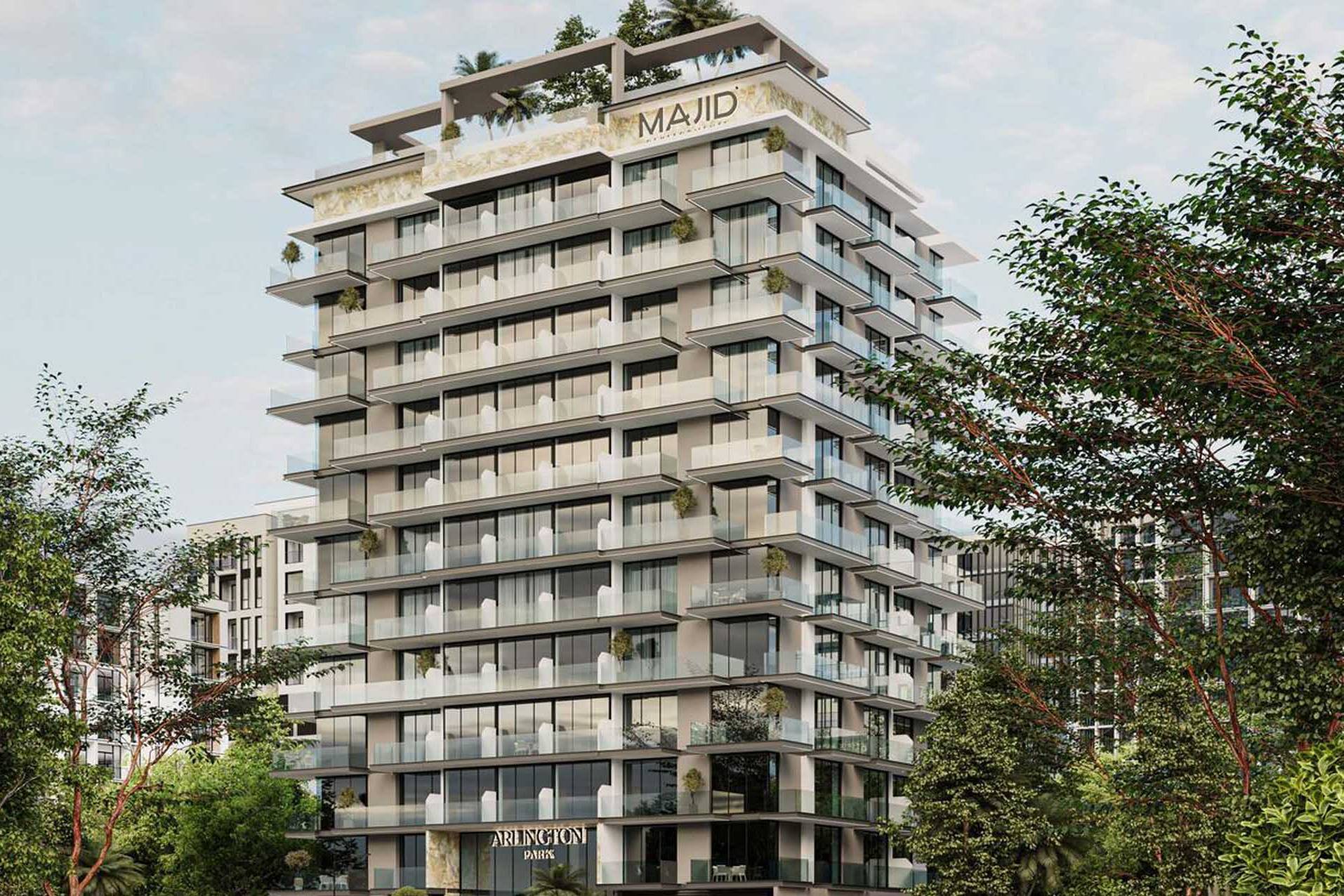
Arlington Park, Dubai
-

Arthouse Residences by Clédor, Ras Al Khaimah
-
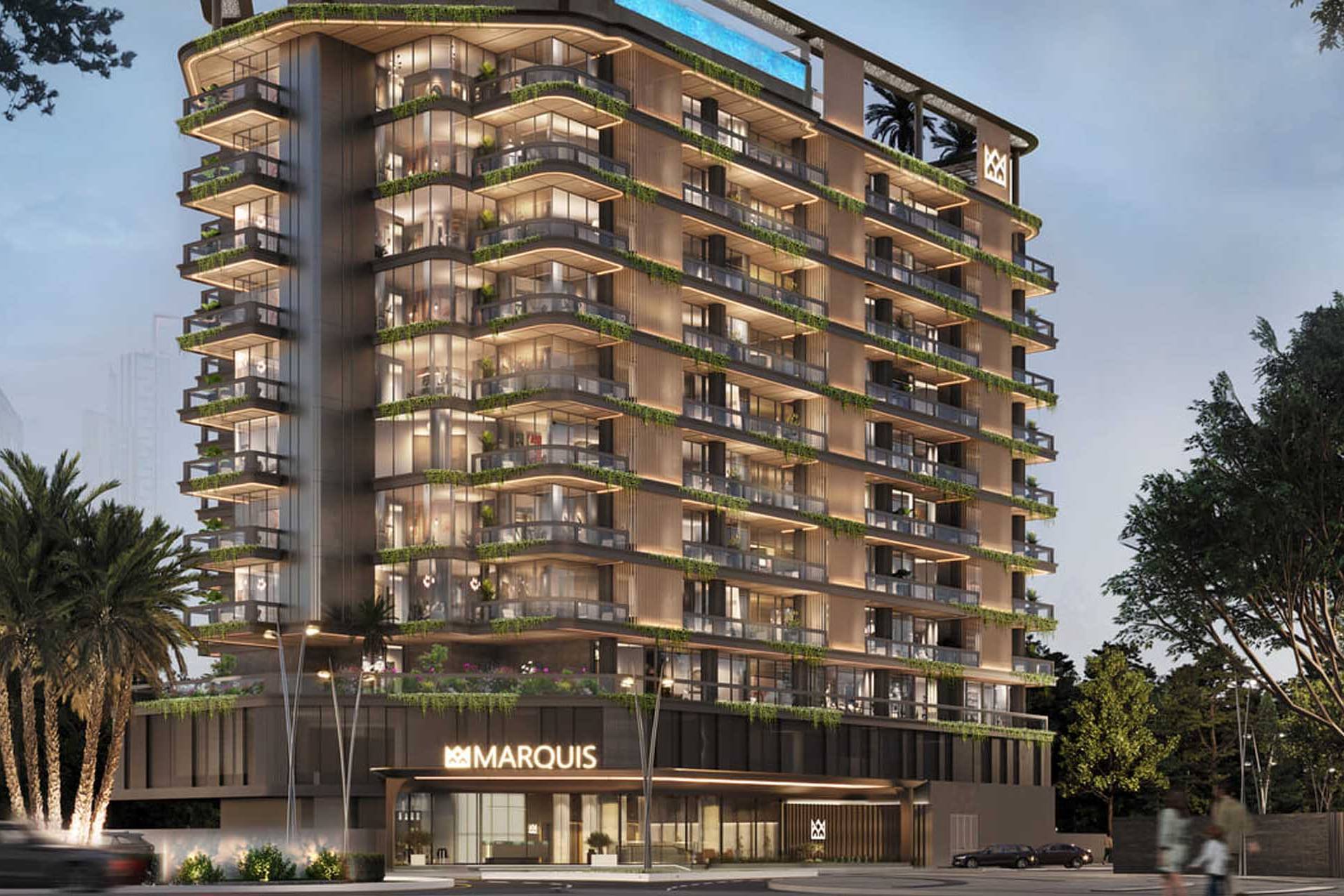
Marquis Vista, Dubai
- Projects in total 261 SHOW All
-
-
-

Lazord, Dubai
-

Cove Edition 5, Dubai
-

77S Tower, Dubai
-

La Vue, Dubai
-

La Clé, Dubai
-

Provenza Residences, Dubai
-

Yachtside Marina Residences, Umm Al Quwain
- Projects in total 1350 SHOW All
-
-
-
Communities
-
Properties
-
Apartments from 330,320 AEDShow all 578 projects
-
Townhouses from 530,000 AEDShow all 83 projects
-
Villas from 800,828 AEDShow all 107 projects
-
Penthouses from 562,939 AEDShow all 61 projects
-
Studios from 259,469 AEDShow all 174 projects
-
All properties from 259,469 AEDShow all 1003 projects
-
